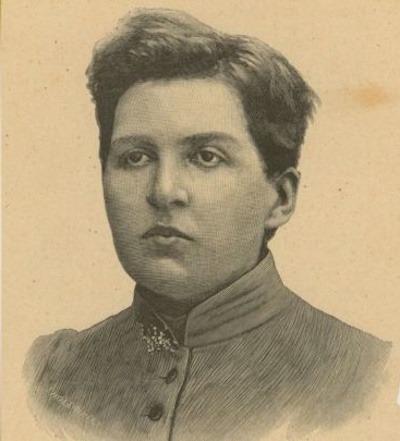The most interesting woman writer of the turn of the nineteenth century
The most interesting woman writer of the turn of the nineteenth century
Maria Rodziewiczówna's life (1864-1944) would have made a great novel. Dispossessed by Russians and exiled with her family to Siberia as a child, she was entirely self-taught. Orphaned, she returned to Poland, where, aged 18, she took over the management of a badly mismanaged estate of over 6,000 acres in the Pinsk marshes, in today's Belarus. To command more respect, she cut her hair off and donned men's clothing.
She proved an excellent farm manager and a tough but fair leader of men. She paid off debt, introduced modern agricultural techniques, built roads, hospitals, and churches, led the Boy Scout movement, propagated Theosophy, and... lived in ménage à trois with two (as we would say today) women "subs".
And she wrote over forty gorgeous, thoughtful, sensitive novels. She was one of the most successful authors of her time, and is still one today: almost all of her books remain in print. Her novels are about positive heroes - or heroines - struggling to accomplish important goals in life. Her style is sparing but powerfully evocative, giving the reader a strong sense of being there.
Because of her politics, she remains a controversial figure today. The right hates her lesbianism, her commitment to social justice, and the fair treatment of ethnic minorities. The left hates her attachment to patriotic values and traditional Catholic piety. And the readers... don't care about the critics and keep reading.
And so will you.
"I have read Maria compulsively, passionately, with burning cheeks and pain in my heart."
Czesław Miłosz




